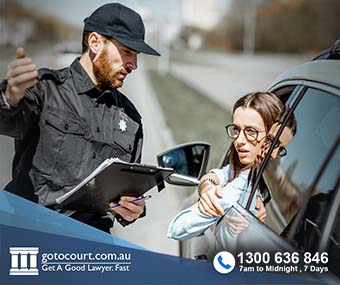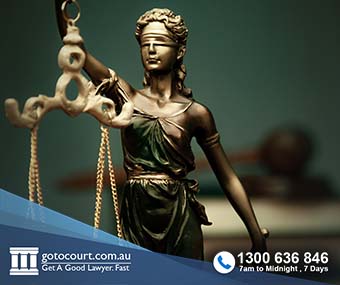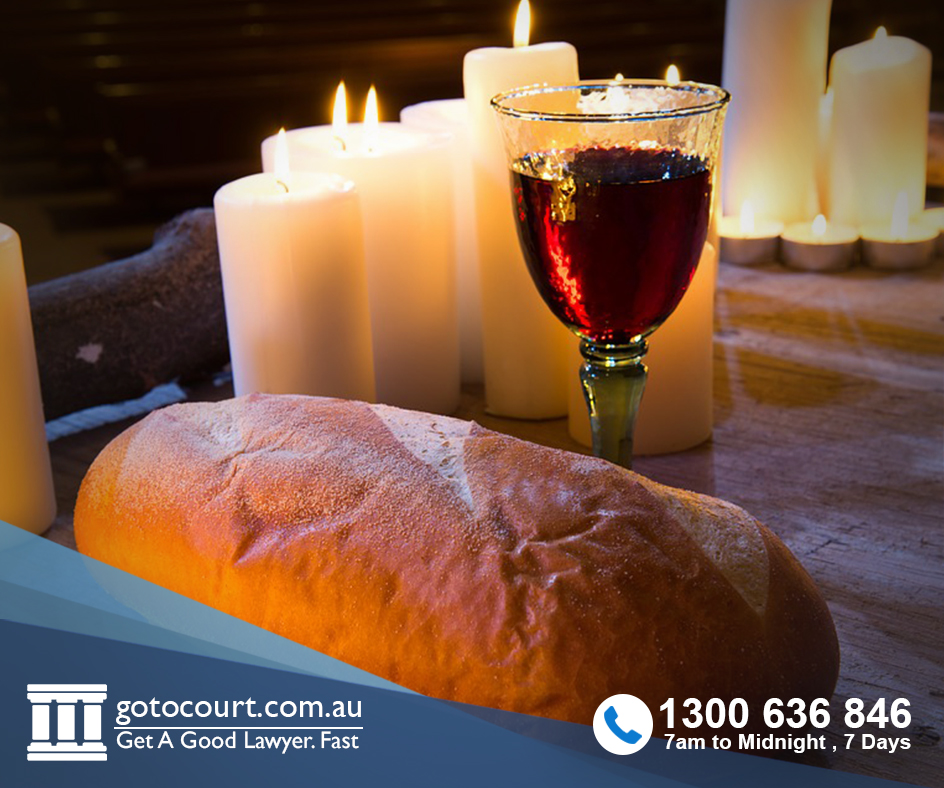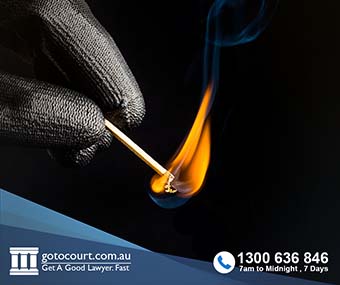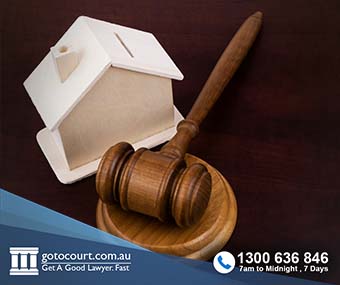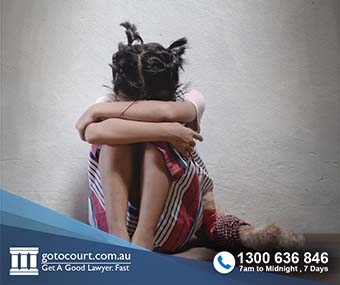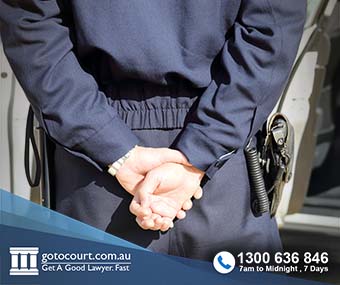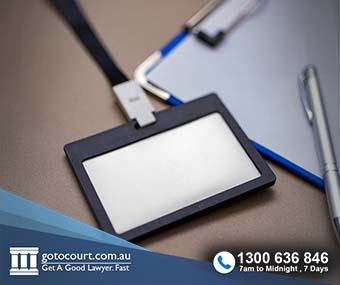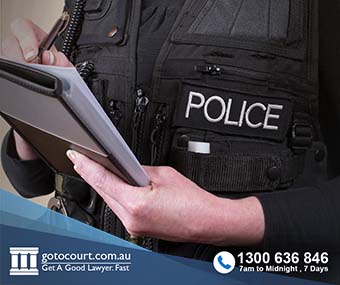Your Rights Following Arrest in New South Wales
Your Rights Following Arrest in New South Wales
An arrest is the act of detaining a person, usually in response to a crime. Although a private citizen can also make an arrest, it is usually the police who exercise the power of arrest.
A lawful arrest in New South Wales consists of the following three elements:
- A person must be informed that they are being arrested;
- The person must be informed why they are being arrested, unless it is already obvious; and
- Words or conduct must be present that make it clear to the person that they are not free to go.
When can a person be arrested in New South Wales?
The power for the police to arrest a person in NSW is given under the Law Enforcement (Powers and Responsibilities) Act 2002. A police officer may arrest a person without a warrant if the police officer suspects, on reasonable grounds, that a person is committing or has committed an offence and the arrest is necessary for reasons such as:
- Stopping the person from committing an offence;
- To stop the person from fleeing;
- To ensure the person is brought before a court;
- To preserve or obtain evidence;
- To protect the welfare of a person; or
- Because of the nature and seriousness of the offence.
The police can also arrest a person if there is a warrant for their arrest, if they have breached their bail conditions, failed a roadside breath test or if they have breached the peace.
What do the police need to do when arresting someone?
The legislation requires police officers to provide the arrested person with the following information:
- Evidence they are a police officer (the fact they are in uniform would be sufficient);
- The police officer’s name and their place of duty, and
- The reason that a person is being arrested.
The police need to provide this information as soon as it is reasonably practical to do so.
Can the police use force to arrest someone?
The police are allowed to use reasonable force to arrest someone. What is reasonable force will depend on the circumstances of the arrest.
If the police use unreasonable force to arrest someone they can by charged with assault. Even if a person is innocent it is important that they cooperate with the police when being arrested. If you do not cooperate, you could be charged with a further offence, such as resisting arrest.
What are my rights following an arrest in New South Wales?
After a person is arrested they will be taken to a police station where they must be told their rights after arrest.
Some of the rights afforded to an arrested person includes the following:
- The right not to say anything (with some exceptions);
- The right to contact a lawyer and / or have them present for the investigation;
- The right to contact a friend or relative;
- The right to have an interpreter present; and
- The right to medical attention if it is necessary or requested for a reasonable reason.
What is the right to remain silent?
A person has a general right to remain to silent after being arrested in NSW. This comes with the exception of the need to provide your name and address in certain circumstances when dealing with the police.
Offences involving motor vehicles are an important exception to the right to remain silent. In these circumstances, it is necessary to provide information such as your name, address and who was driving or who was a passenger in a car. It is an offence not to do so under the Road Transport Act 2013.
A key right after arrest in NSW is not having to answer questions or to partake in an interview, unless one of the above exceptions apply.
The law requires the police to inform the arrested person that they do not have to say or do anything in response to questioning and that anything they say or do may be used in court. If police do not give a person this caution or if they do not respect a person’s refusal to be questioned, it is possible that the questioning made inadmissible as evidence.
How has the right to remain silent recently changed?
Amendments to the Evidence Act 1995 have changed the right to silence for people arrested for serious indictable offences. In NSW, these are offences which are punishable by imprisonment for five years or more.
The amendments permit the court to form an ‘unfavorable inference’ against a person who has been arrested if they refuse to answer questions about, or fail to mention a fact, that is later relied on within their defence. However, in order to do this the police must give the standard caution and also give a special caution which explains that a failure or refusal to mention something that is later relied upon in court may harm their defence.
Additionally, this special caution must be given in the physical presence of an accused’s lawyer and the opportunity must have been provided to consult with the lawyer.
Why is it important to contact a lawyer?
After a person is arrested it is important that they seek legal representation. A lawyer can help by explaining how the law applies to the person’s individual circumstances. They can advise the arrested person of what they should or should not say. A lawyer can also assist with applying for bail and can represent the person in court.
Can the police search someone after they have been arrested?
The police may search an arrested person at the time of arrest or when they are in custody. The police must conduct the least invasive search as possible and follow safeguards that preserve a person’s dignity and respect. The police can also take photographs and fingerprint an arrested person.
How long can the police detain someone after they are arrested?
After arrest in NSW a person can be detained for a six-hour investigative period. This period can be lengthened by a warrant from the court for a further six hours.
After the investigative period is up, the person must either be:
- Released unconditionally;
- Released on police bail; or
- Brought before the court as soon as practicable.
If you require legal advice or representation in any legal matter, please contact Go To Court Lawyers.

Affordable Lawyers
Our Go To Court Lawyers will assist you in all areas of law. We specialise in providing legal advice urgently – at the time when you need it most. If you need a lawyer right now, today, we can help you – no matter where you are in Australia.How It Works




1. You speak directly to a lawyer
When you call the Go To Court Legal Hotline, you will be connected directly to a lawyer, every time.

2. Get your legal situation assessed
We determine the best way forward in your legal matter, free of charge. If you want to go ahead and book a face-to-face appointment, we will connect you with a specialist in your local area.

3. We arrange everything as needed
If you want to go ahead and book a fact-to-face appointment, we will connect you with a specialist in your local area no matter where you are and even at very short notice.



